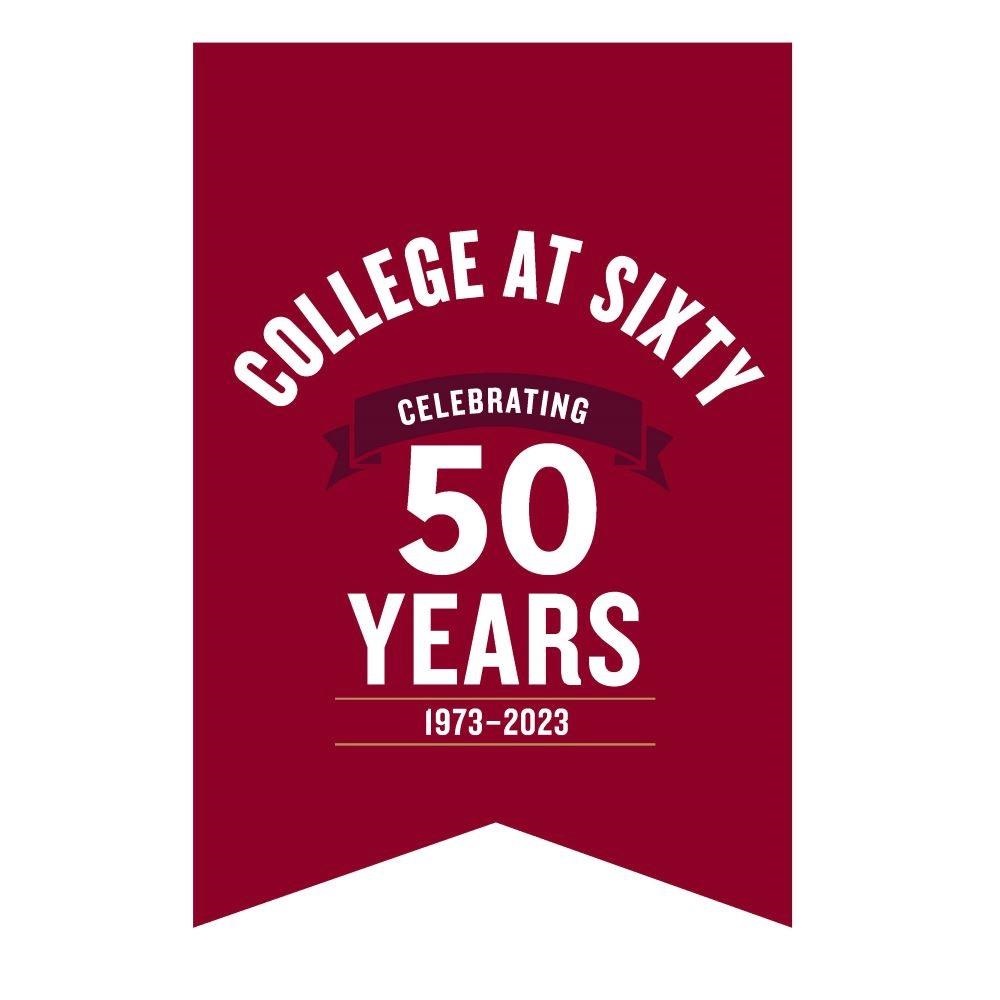College at 60 50th Anniversary

College at 60 celebrated its 50th anniversary in 2023 and this time provided an ideal opportunity to recognize the contributions of our program and those who have given so much to its success over the years.
The world has changed drastically over the past 50 years but Fordham University is proud that we have been able to continue our rich tradition of offering programming that targets the interests of our retiree community. This important milestone allowed us to commemorate the past, celebrate the present, and imagine the future.
History of College at 60
Dr. Glen Redpath
The College at 60, as stated in one of their early brochures, is a bridge from the world of the workforce and household to the college. It is an opportunity to discover new friends and new ideas. The program, recognized nationally as a model for independent colleges, began in the fall of 1973 as the brainchild of Dr. Robert Adamson, a former editor of the Cambridge University Press. In collaboration with Dr. George Shea, the Dean of Fordham College at Lincoln Center, College at 60 developed into to program that focused on the educational goals of the students it attracted.
For the first 24 years, the College at 60 classes were two-credit courses. After completing four courses, students were awarded a certificate and allowed direct admissions into the EXCEL undergraduate degree program. Then, in the fall of 1996, there was an option to pay a fee for each two-credit course or a portion of that fee on a non-credit basis. Slowly, over the next 3 years, the credit-bearing course degree pathway option was phased out and the current model, as a non-credit program for motivated senior citizens evolved.
Cira Vernazza, Associate Dean of PCS at Lincoln Center, ushered College at 60 into its new phase and with the support of Laura Greeney, Assistant Director of College at 60, set the foundation for the current model.
Some of the early classes taught were: American Poets: Songs of Ourselves; Humanistic Psychology: Personal Applications to the Dream; Scandinavia: Past & Present. More recent courses include: America’s Past: The Roberts Court, 2005 to the Present; Studies in Music History: Celebrating Beethoven’s 250th Birthday; and Studies in Philosophy: Existentialism.
As we dug through our archives, we were delighted to find articles from as far back as 1977 which provided great insight to the College at 60 program at that time. I am sure that you will enjoy reading them as much as we have.
- Fordham Ram Newspaper January 25, 1979
- New York Times September 11, 1977
- The Life and Media of Gordon F. Sander
- CAS in Fordham News 2007